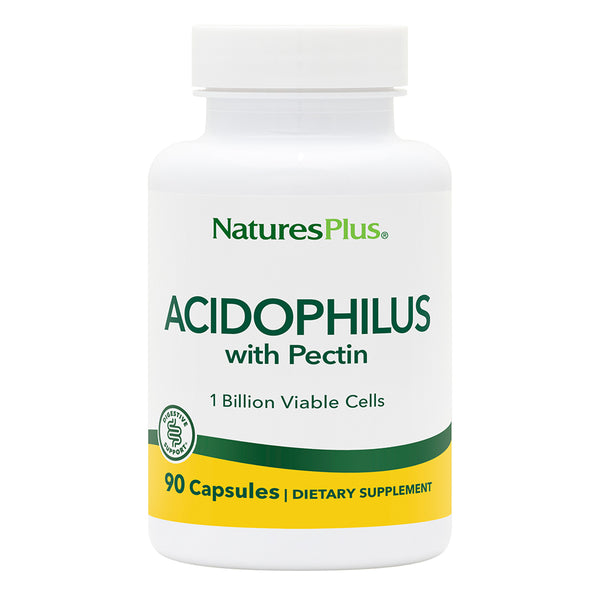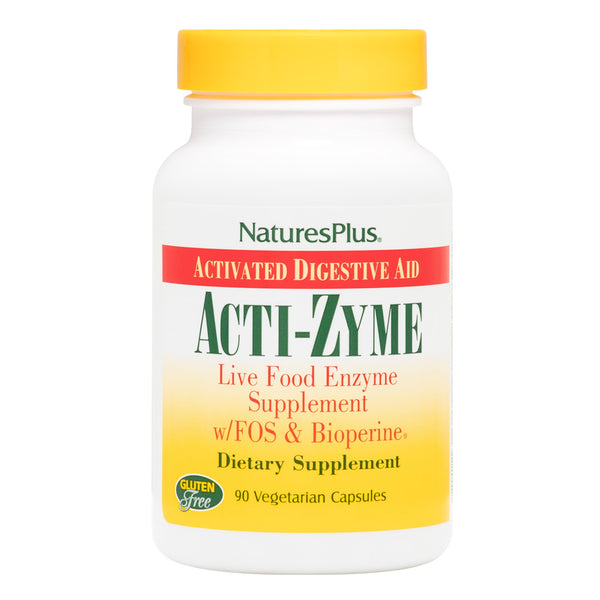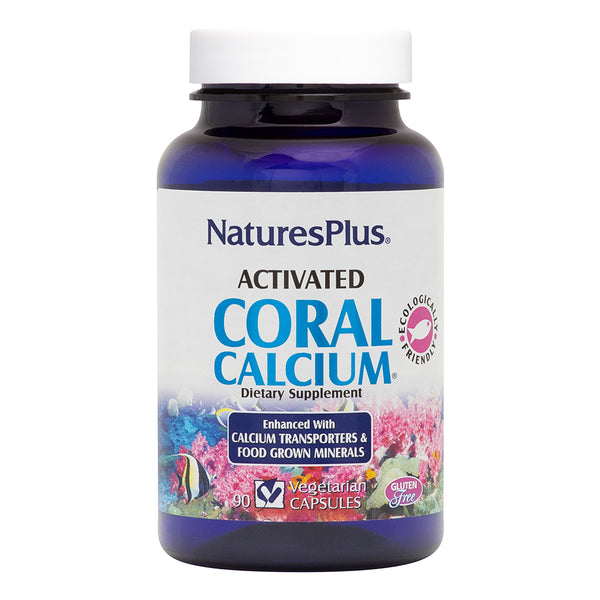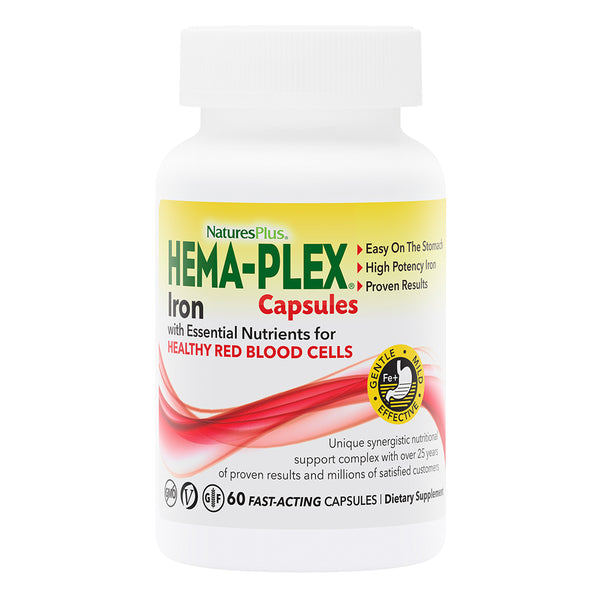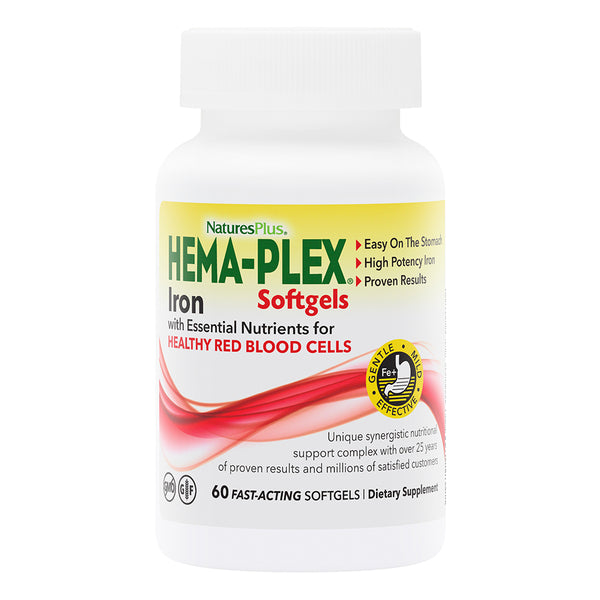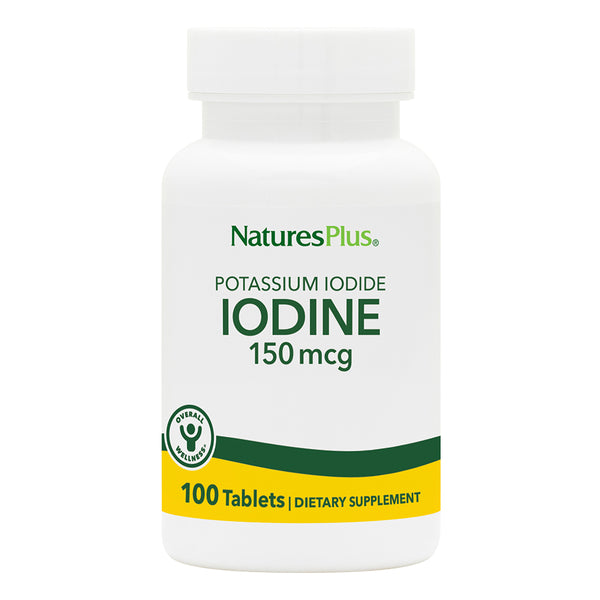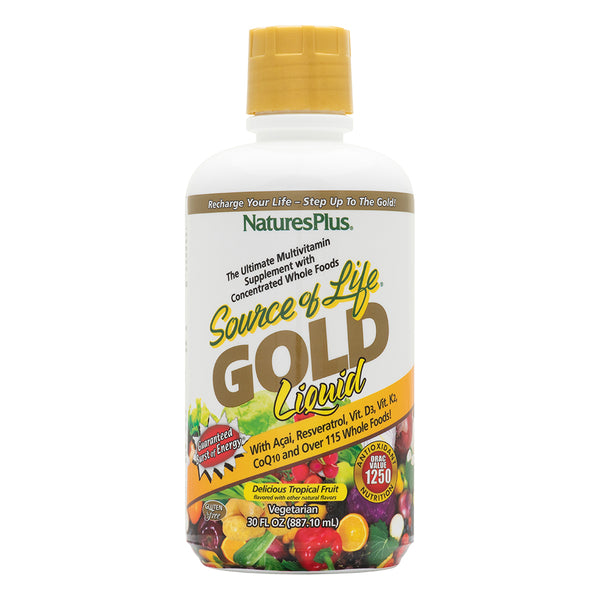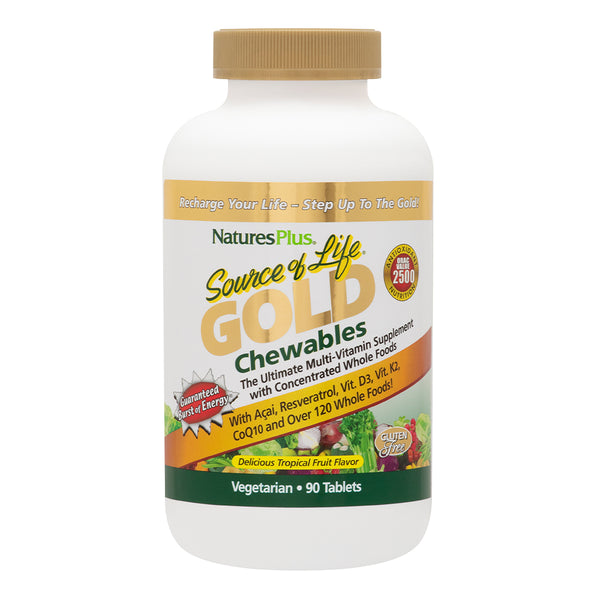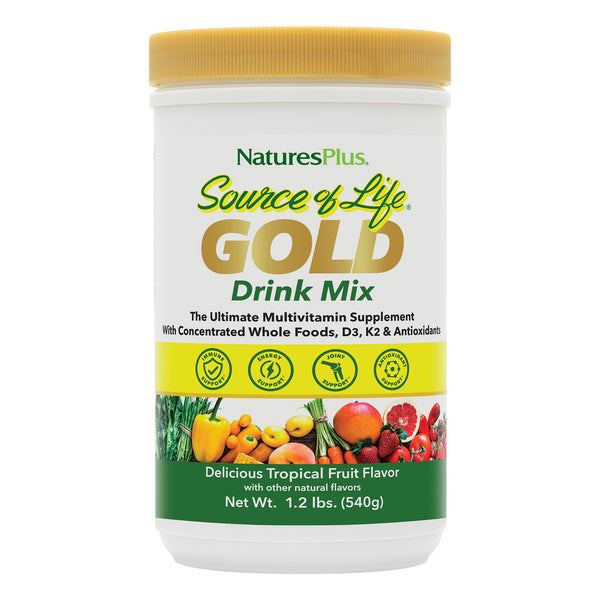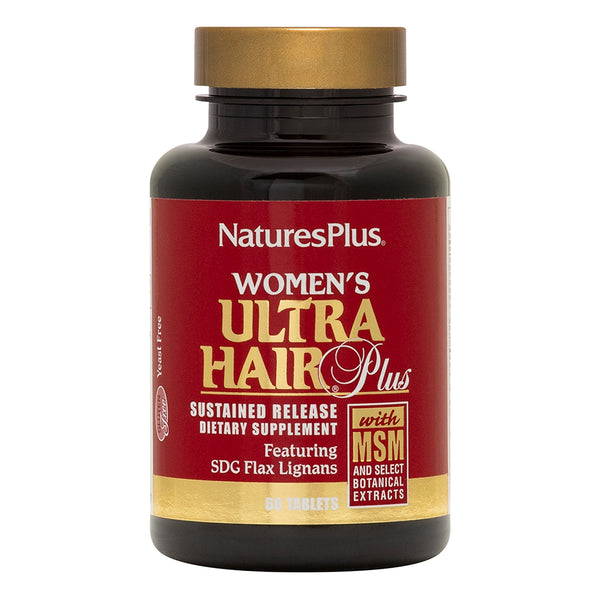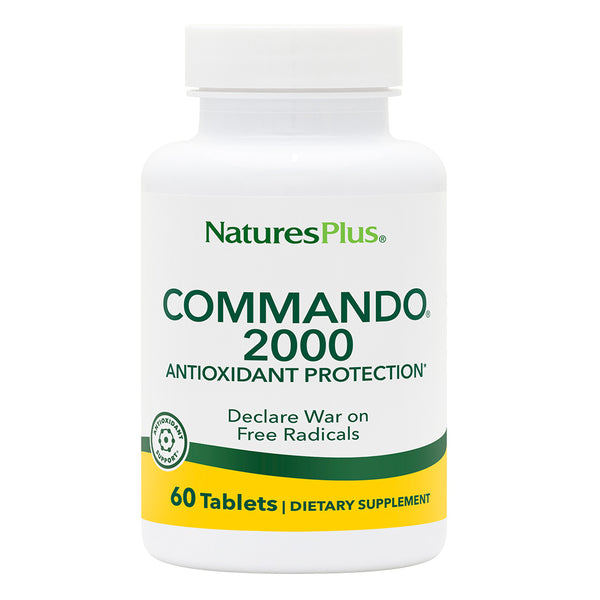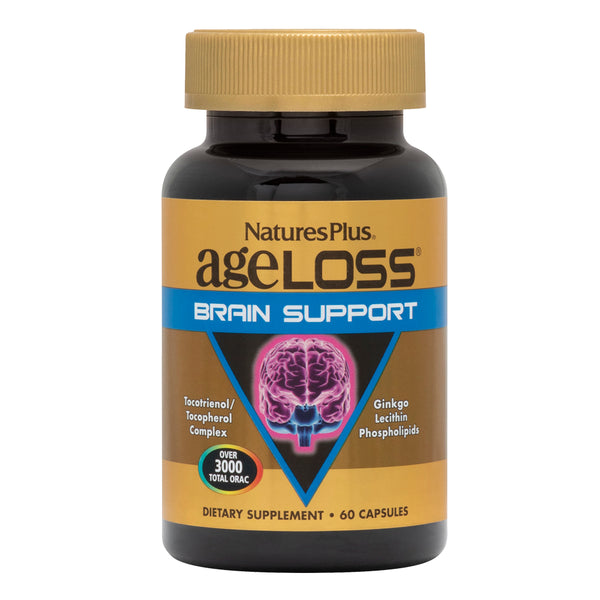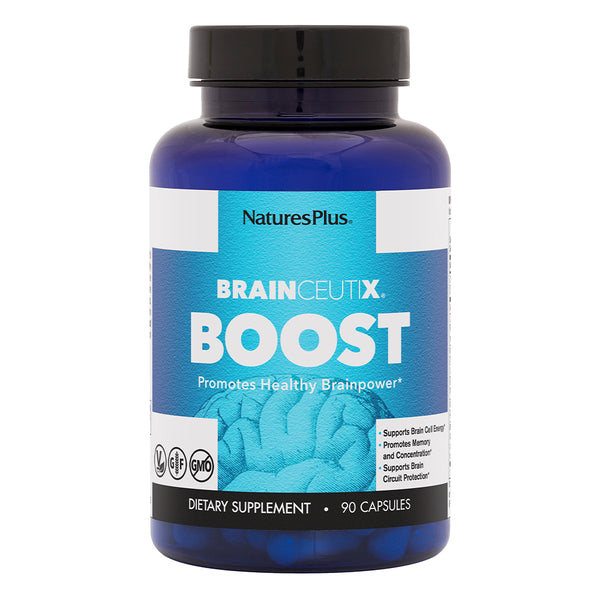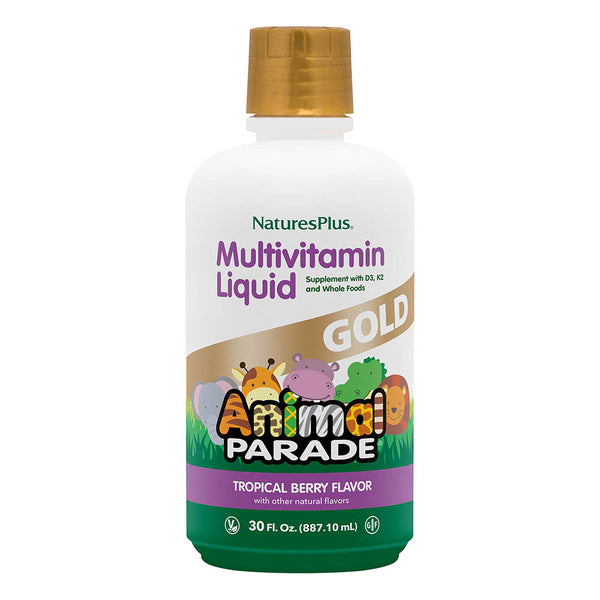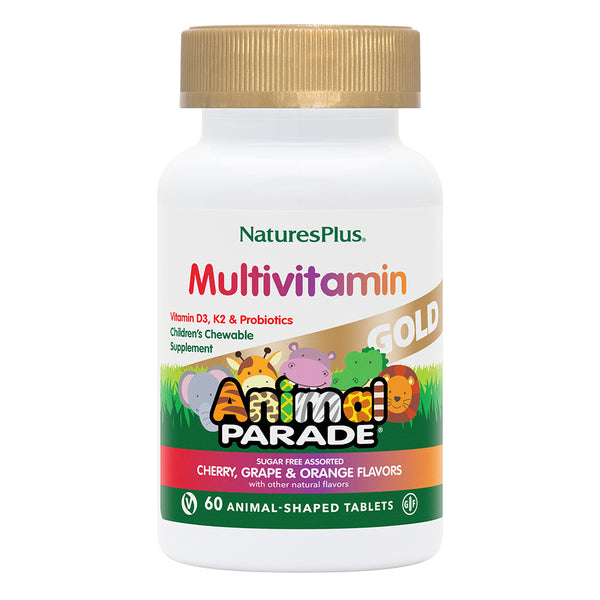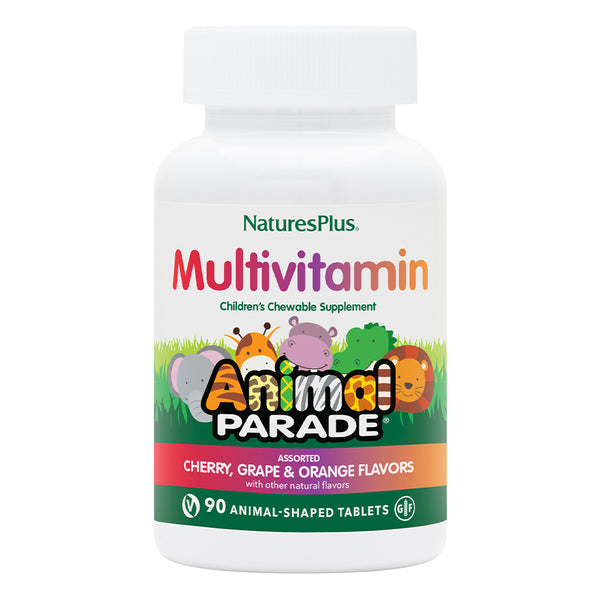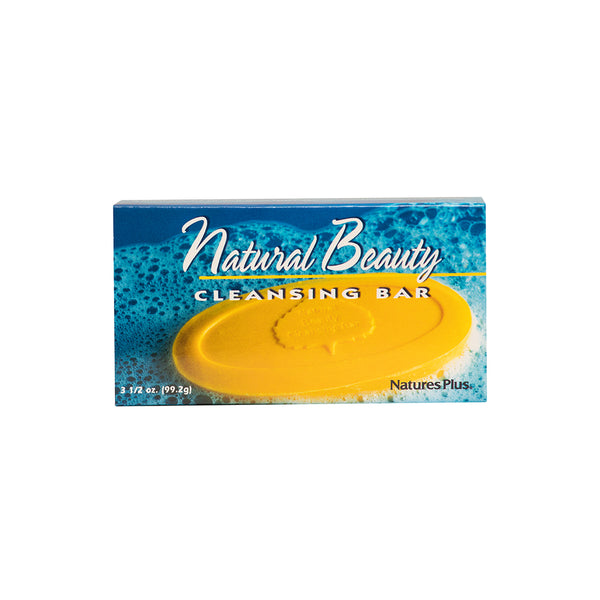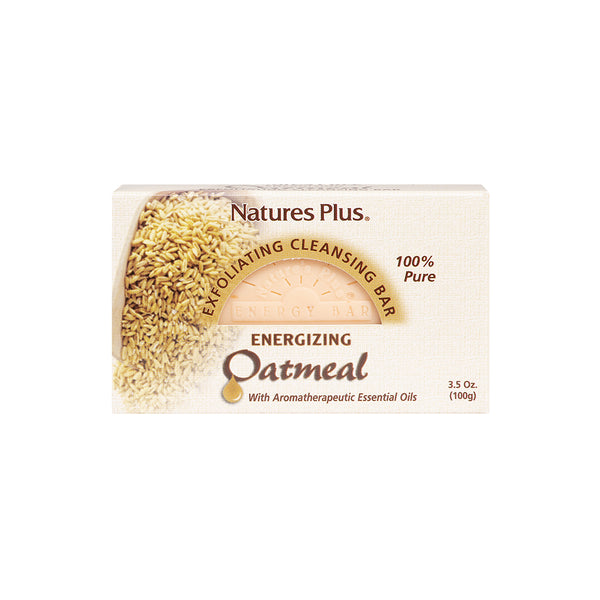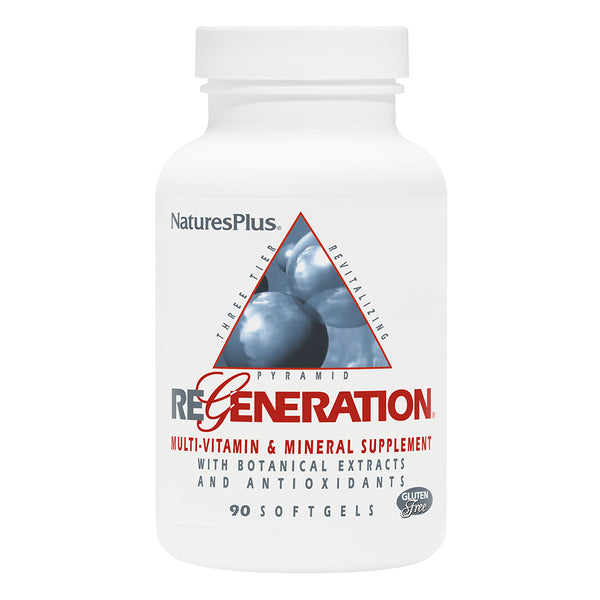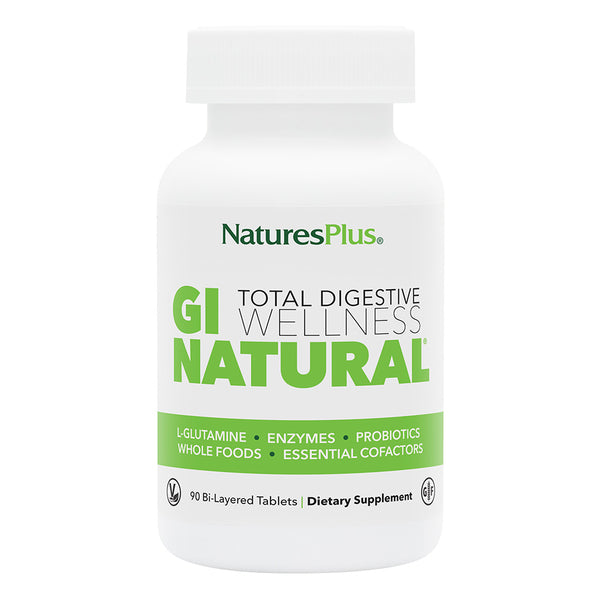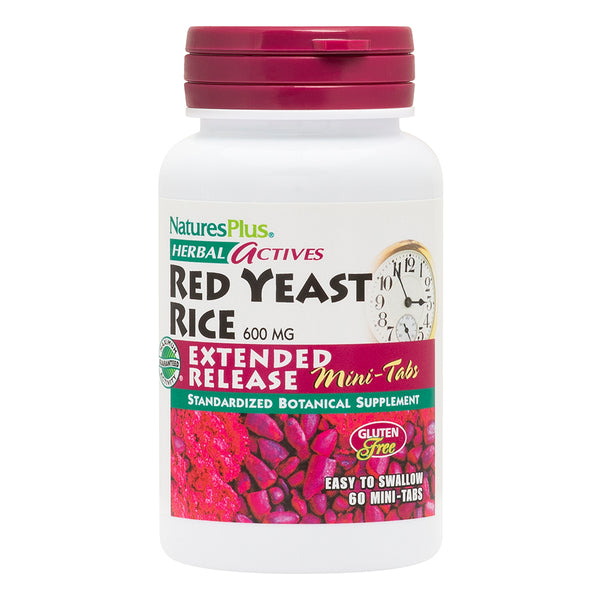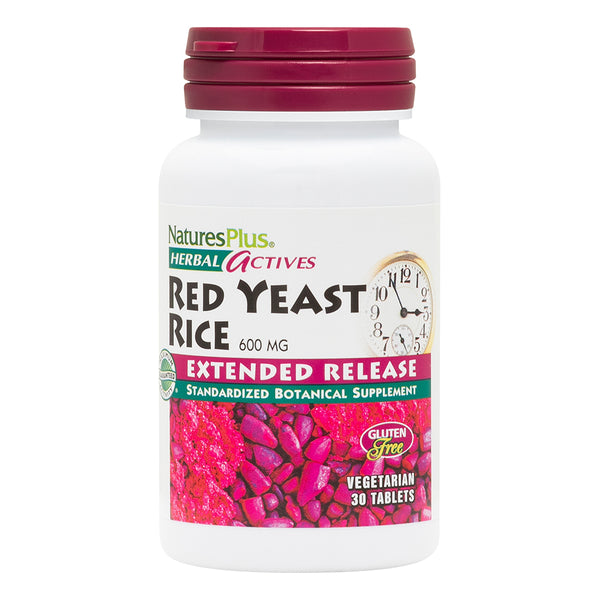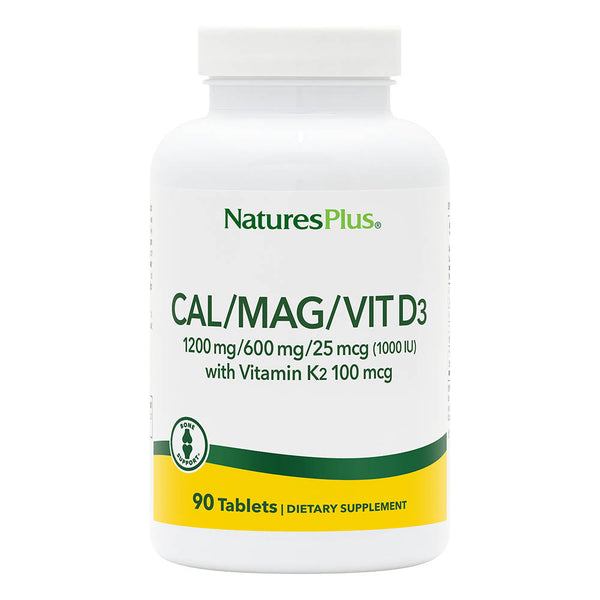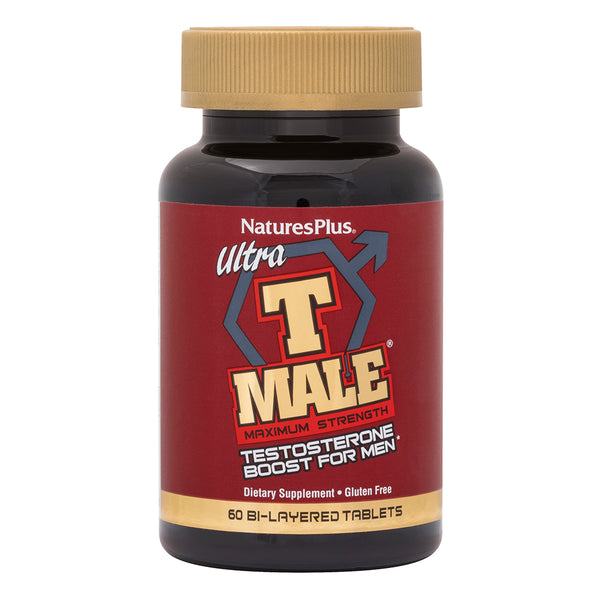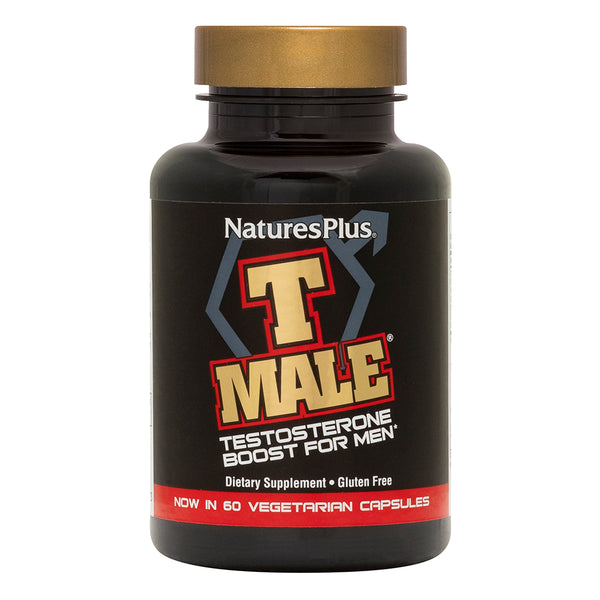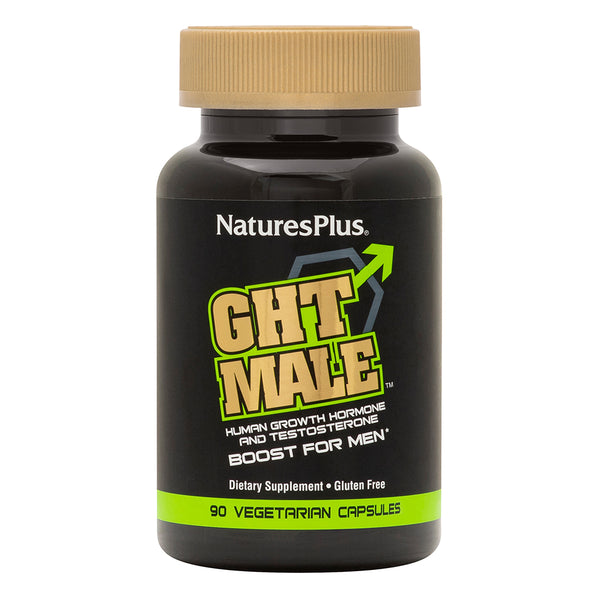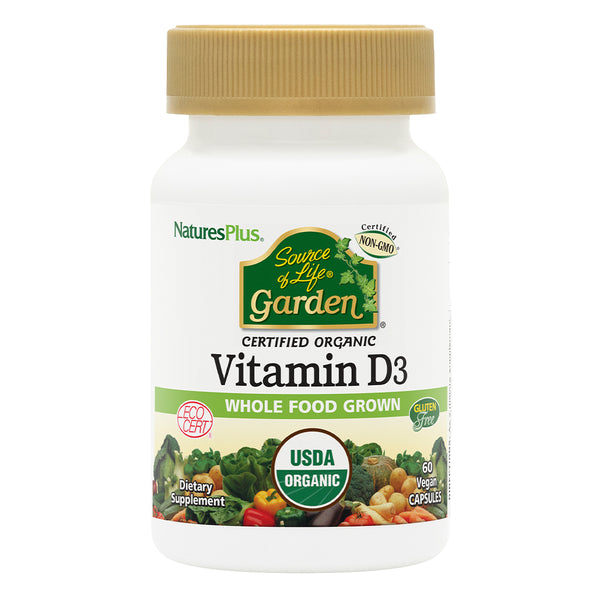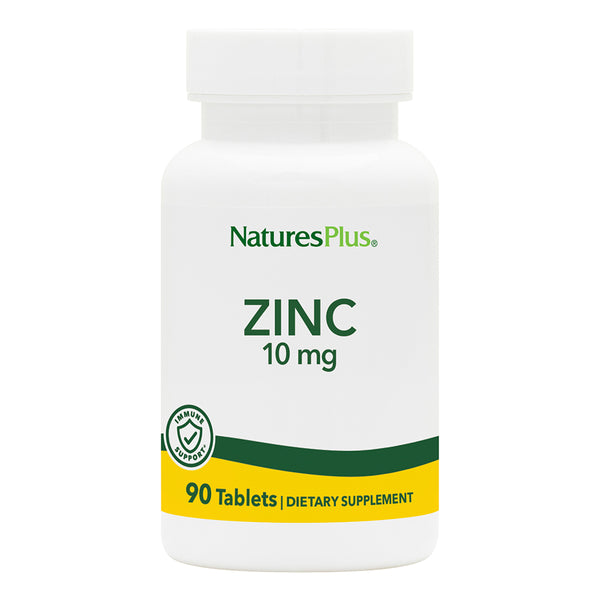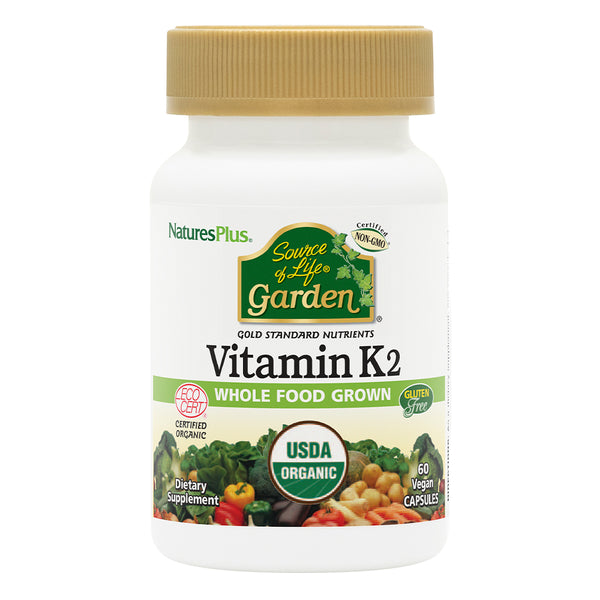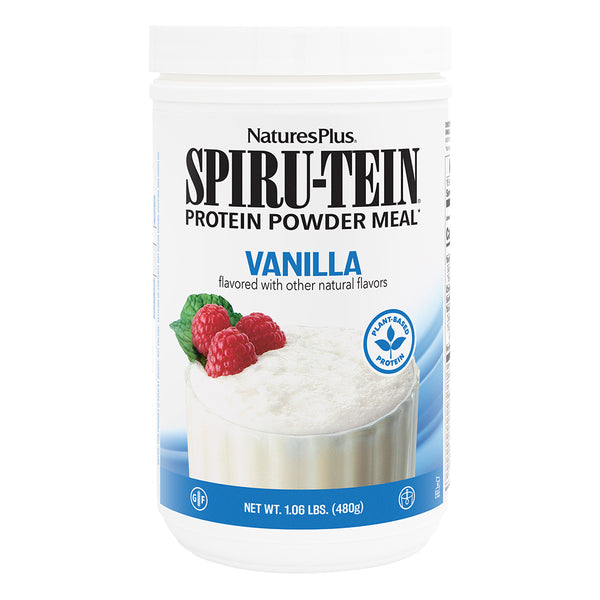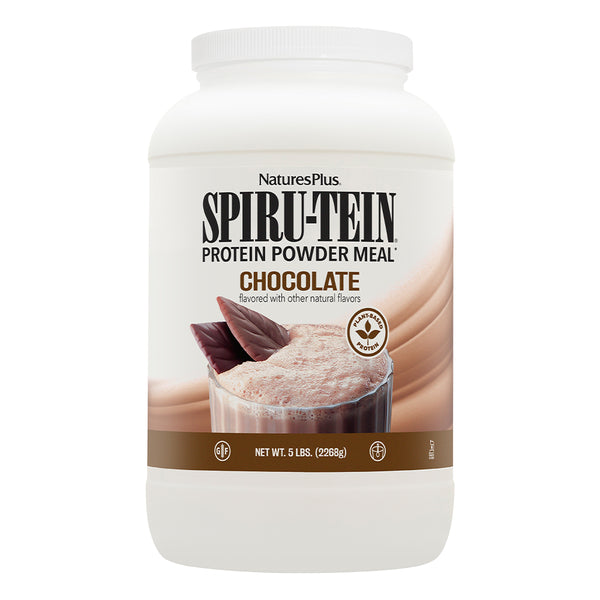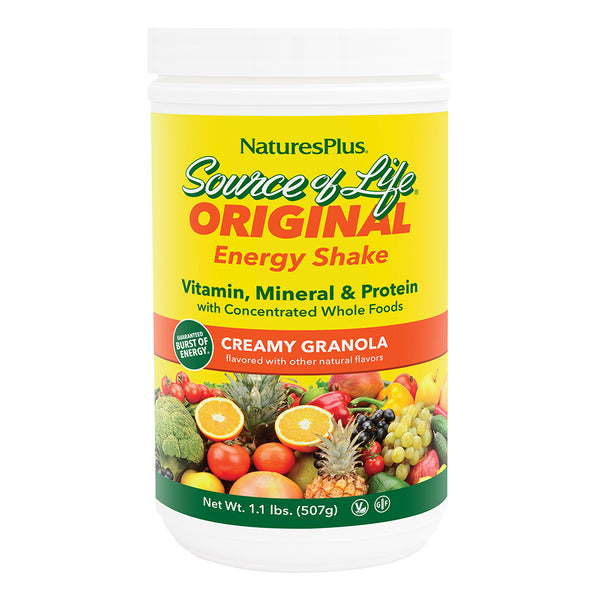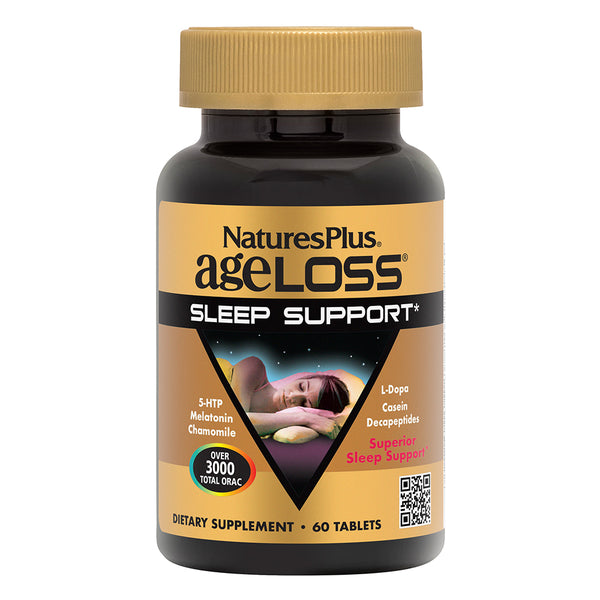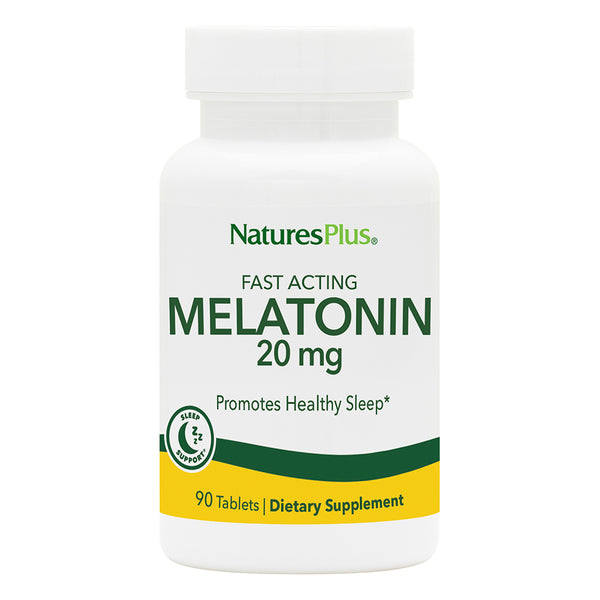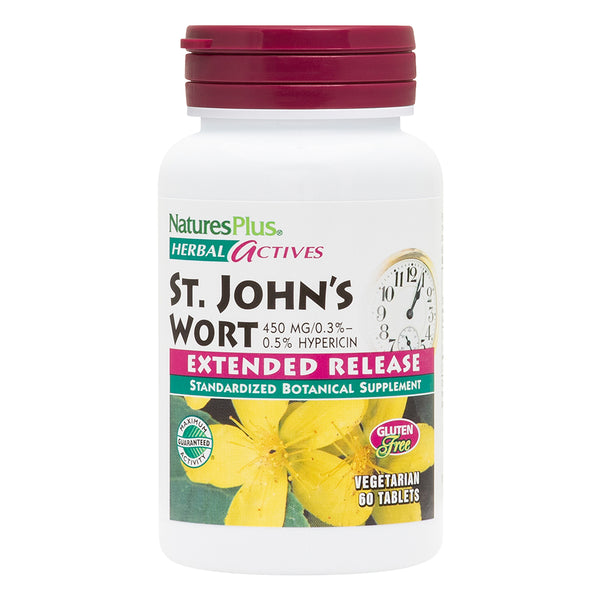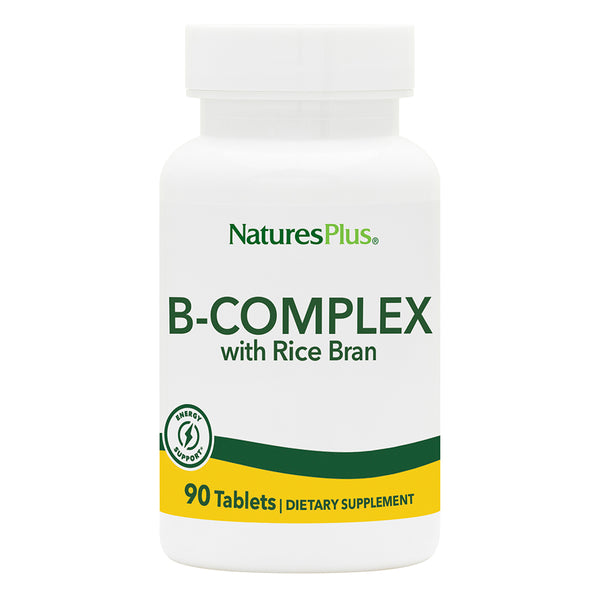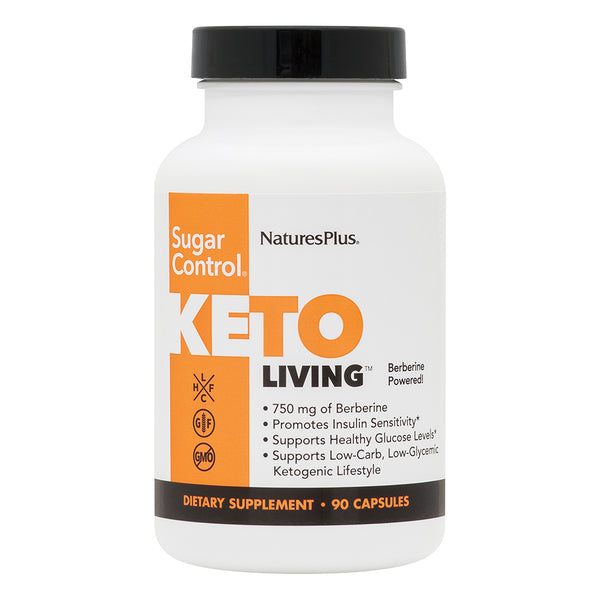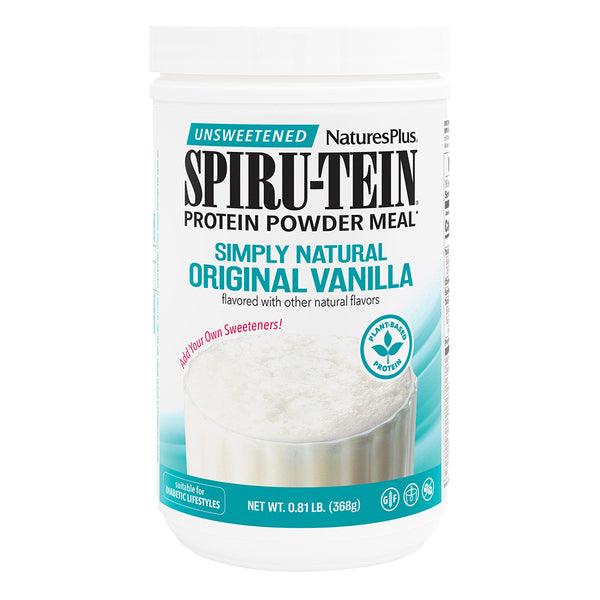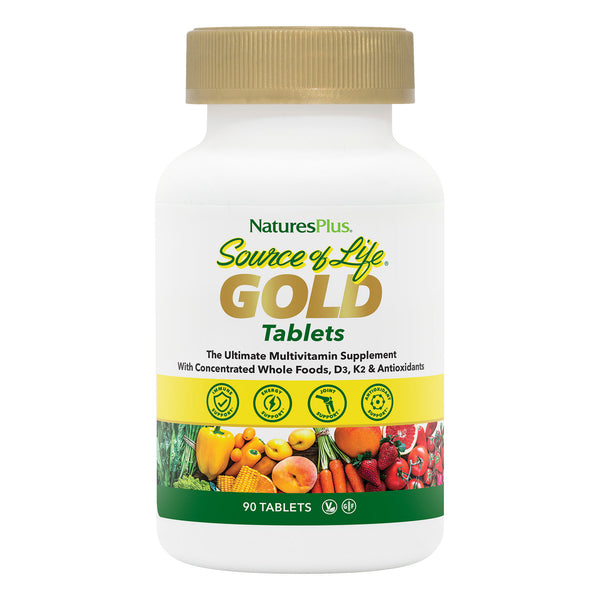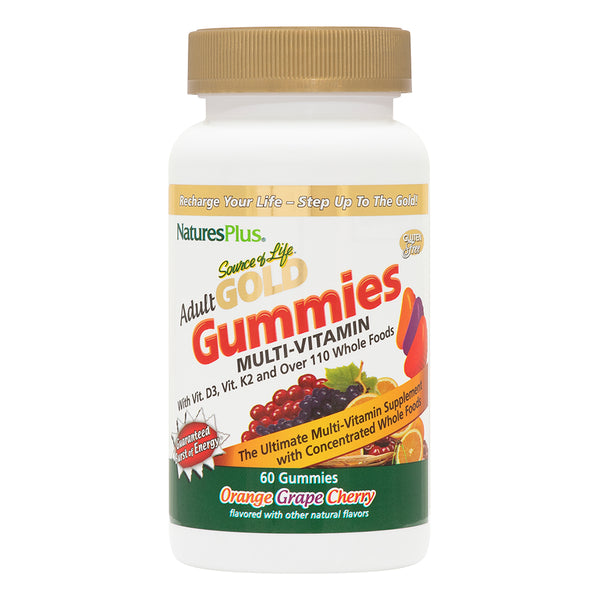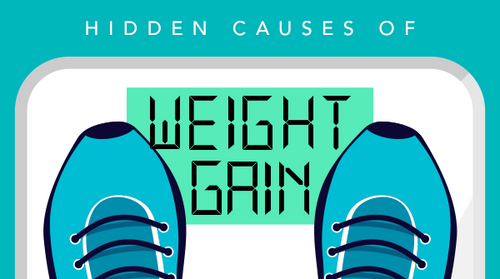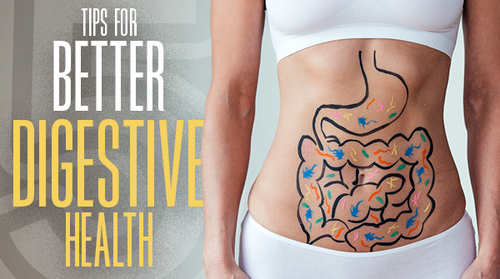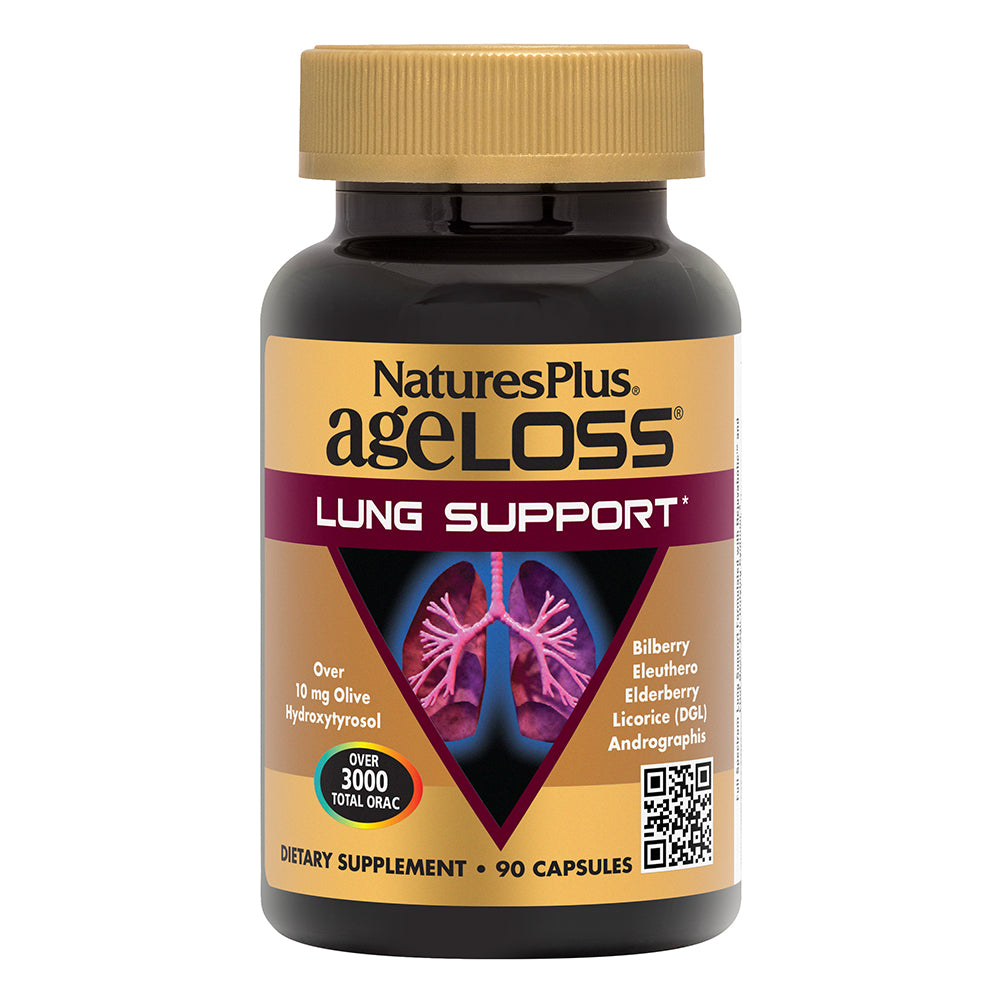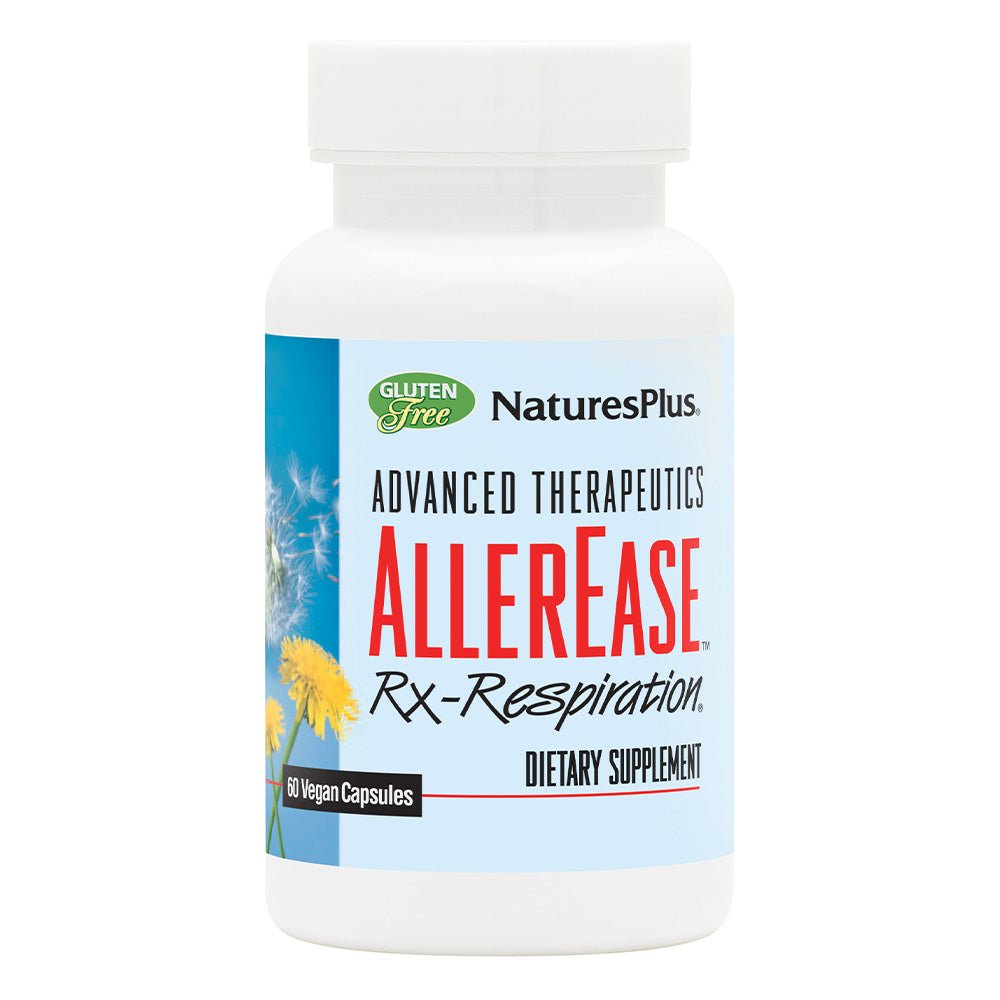Allergies can be not only downright annoying but can also make it hard to exercise by making it difficult to breathe easily. Here are ways you help keep allergy symptoms at bay.
Keep Your Indoor Air Clean
Clean or replace furnace filters whenever you can’t see light through the filter; the same goes for air conditioners. If you have a fireplace, keep your chimney clean, check the vents and close fireplace doors. Using an air filter can also help.
Make War on Mold
Anywhere you find high humidity you might find mold, a major allergen. If you have a damp basement, be sure to run a dehumidifier and thoroughly air out rooms that can become humid, such as bathrooms and kitchens, on a regular basis. Also check around pipe fittings for leaks, and vigorously scrub or replace any moldy surfaces.
Clean Your Car’s Seats
There’s no escaping irritants such as pet dander, pollen and dust mites—including inside your car. If you have cloth seats, vacuum your car with a machine that has a HEPA (high-efficiency particulate air) filter. (Leather is less likely to harbor troublemakers.) Another suggestion is to steam-clean your upholstery or have your car thoroughly cleaned by a professional every few months.
Use a Neti Pot
In addition to avoiding allergens whenever possible, it helps to wash them out of your nose on a regular basis. Many alternative medicine practitioners suggest their patients use a neti pot, which irrigates the nasal passages with warm salt water.
Keep a Food Diary
What you eat can not only cause intestinal problems but may contribute to breathing difficulties as well. Try keeping a food diary, noting both everything you eat and any symptoms you experience for a week or so. If you find a link between a food and any discomfort, digestive or respiratory, cut that food out of your diet for the next couple of weeks. If the symptoms remain, you may want to consider either not eating that food at all or, if it’s something you simply love, reserving it for special occasions only.
Try Dumping the Dairy
Eliminating milk and other dairy products may make breathing easier because dairy foods tend to promote mucus production. (If you really miss milk, look for a dairy-free milk substitute.) Other potential mucus-makers include eggs and chocolate, along with fried and processed foods.
Watch Your Water
One way to reduce your allergen load is to filter your water. Filters can attach either to the tap or to the main water line into the house; look for a system that tackles a number of potential offenders, including chemicals, heavy metals and infectious micro-organisms. Or take water safety a step further with a water distiller, which steams the impurities out of tap water; the best models employ a post-distillation filter for good measure.
Take It Easy with Fragrances
Candles, potpourri and perfumes may be problematic for allergy sufferers; unscented beeswax or soy candles are less likely to aggravate allergic reactions than those made with paraffin. And go easy on strongly scented indoor plants.
Allergy-Prone? Stay in the Shade
You may have to curtail your fun in the sun if you are subject to itchy eruptions, since allergy-prone skin is often sensitive to Old Sol’s rays. Shades, a wide-brimmed hat, and long-sleeved and -legged outerwear are recommended; before using sunscreen, check with your practitioner and be very careful to test anything on a small patch of skin first.
Like this article? You’ll love our weekly newsletter
sign up here!
**These statements have not been evaluated by the Food and Drug Administration. This product is not intended to diagnose, treat, cure or prevent any disease.
